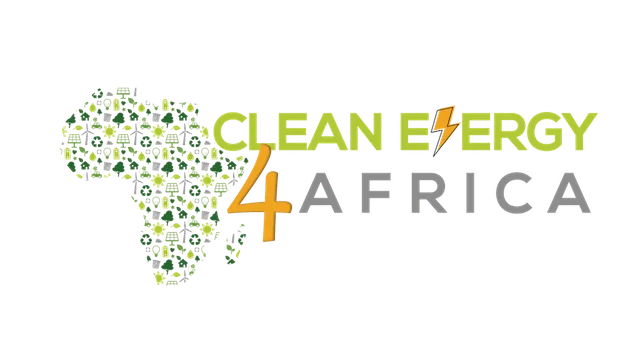

Mohamed Alhaj
Dr. Mohamed Clean Energy 4 Africa founder and director. He is a competent renewable energy engineer and an experienced researcher with 6+ years experience in the renewable energy field. Mohamed holds a Ph.D in sustainable energy from Hamad Bin Khalifa University, Qatar and currently works with the Public Utility Company in Qatar. His main interests are concentrated solar power systems, modeling and analysis of renewable energy systems, clean energy finance, life-cycle assessment, and renewable energy education.
Dr. Mohamed Alhaj is a young aspiring Sudanese renewable energy engineer, an experienced researcher, and a strong advocate for sustainability. Mohamed’s mission is to accelerate Africa’s transition to clean and sustainable energy sources. Mohamed is the founder and managing director of Clean Energy 4 Africa. He is currently working as a renewable energy engineer with the Public Utility Company in Qatar.
Mohamed completed his PhD, at 28 years old, at Hamad Bin Khalifa University (in Qatar), where he worked on developing a sustainable solar-driven seawater desalination technology. His PhD research, which received several prestigious awards and resulted in several peer-reviewed papers, investigated the technical performance, environmental impact, and economic feasibility of solar-driven low-pressure thermal desalination, particularly for water-scarce countries such as Qatar. Prior to this, Mohamed completed a MSc. in Energy Technology from The National University of Malaysia and a BEng. Honors (in the First Class) in Mechatronics Engineering from The University of Nottingham. More details about Mohamed’s research can be found in the Research page. The papers published by Dr. Mohamed can be found in the Scholarly Achievements page and his Google Scholar profile can be viewed here.
Dr. Mohamed Alhaj is highly skilled in the modelling of renewable energy systems, concentrated solar power technology, environmental life-cycle assessment, thermodynamics, and desalination technology. In addition, Dr. Mohamed is a reviewer for several high quality peer-reviewed journals such as Environmental Research Letters (IOP Publishing) and Energy Conversion and Management (Elsevier). He is also a member of several scientific organization such as the International Solar Energy Society (ISES). Dr. Mohamed has given many talks and presented several seminars on renewable energy, solar-desalination, and higher education. In 2018, he was invited by the Singapore National Water Agency to participate in the Young Water Leaders Summit, a side event of the Singapore International Water Week. Dr. Mohamed’s talks and lectures can be viewed in the Talks and Lectures page.
Mohamed is also highly involved in community outreach and volunteering work. In the academic year 2017/2018, he was selected to be the Graduate Students’ Representative for the College of Science and Engineering at Hamad Bin Khalifa University (HBKU) where he led the team that organized the first ever Research Day event for the College. In 2019, Mohamed and his colleague Mrs Mehzabeen Mannan, were awarded the Community Engagement Award by the HBKU Student Affairs for their initiative on teaching young students the principles of water conservation (as part of the community outreach events in the Sustainable Built Environment Research Group). Dr. Mohamed is also the Publishing Director for the Sudanese Researchers Foundation (SRF), the largest Sudanese NGO focusing on scientific research and development. Dr. Mohamed led the team that developed the SRF’s first scientific peer-reviewed journal; African Journal of Engineering & Technology.
Learn more about Dr. Mohamed’s research journey and interests, scholarly works, and talks and lectures in the following pages:
Long-term Vision
Dr. Mohamed’s long-term vision is to transform Clean Energy 4 Africa to a “think-tank” that provides technical advisory, training and capacity-building programs, in depth market research, and advises the public and private sectors on the sustainable utilization of renewable energy in Africa. Africa has nearly 600 million people without access to electricity and at the same time, this continent has abundant renewable energy resources that can be used to scale energy access and boost development. The challenges are immense; ranging from technology to regulations and human capacity. We need to propose solutions and start implementing now!
- [email protected]
- Qatar
